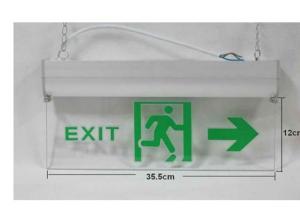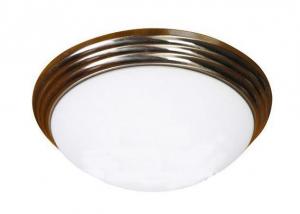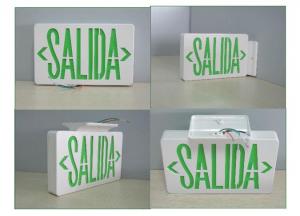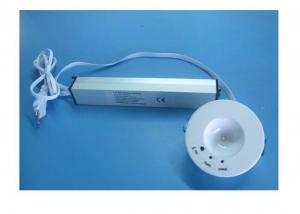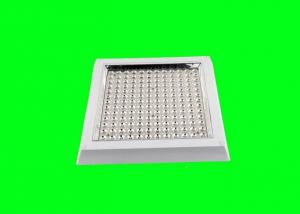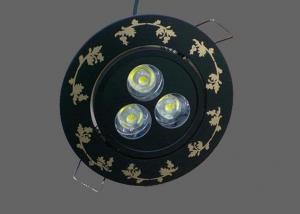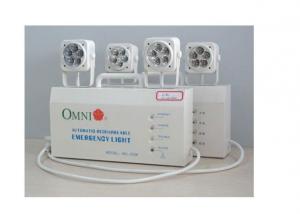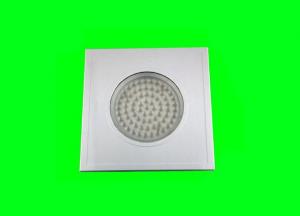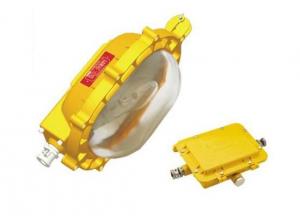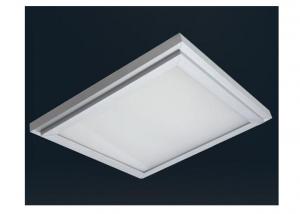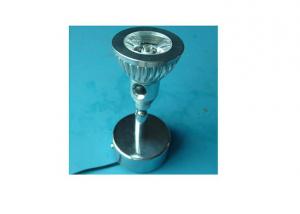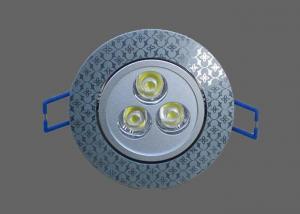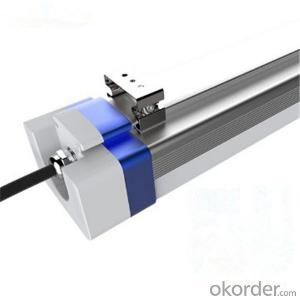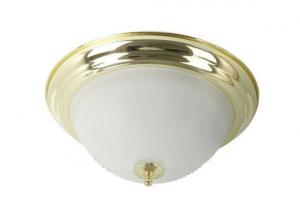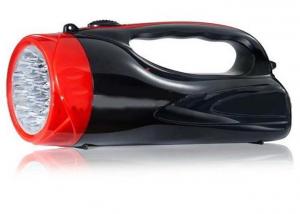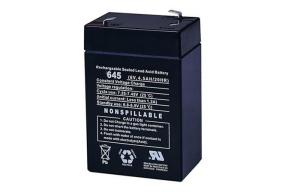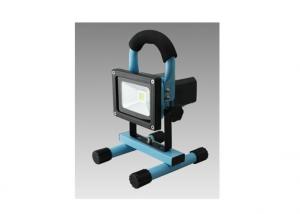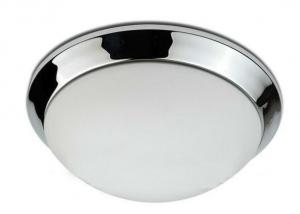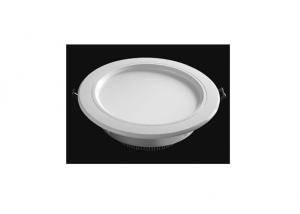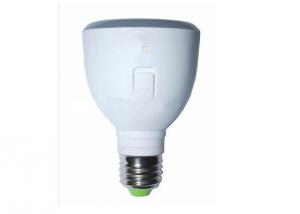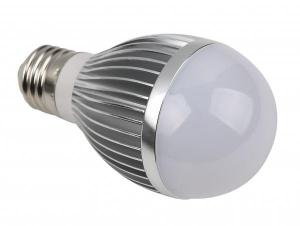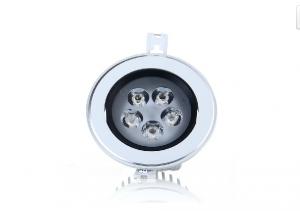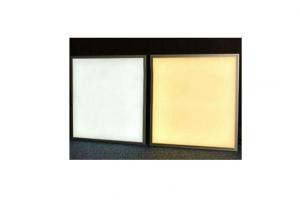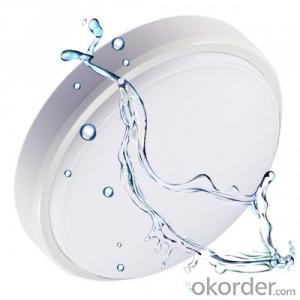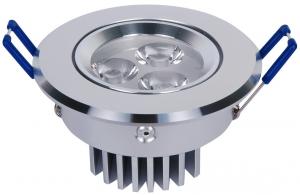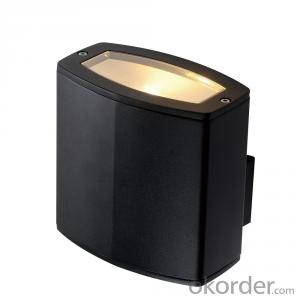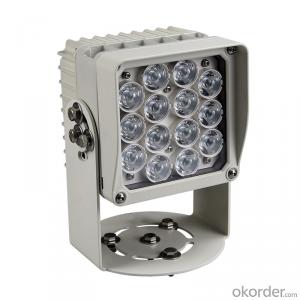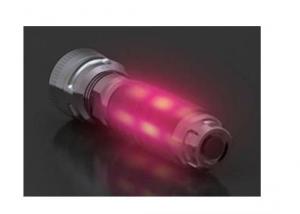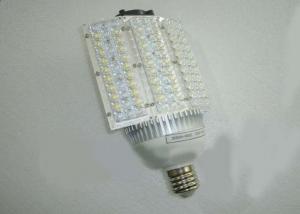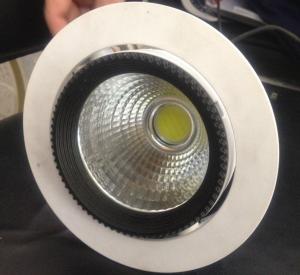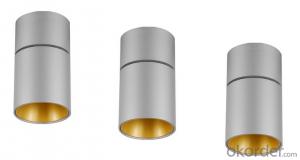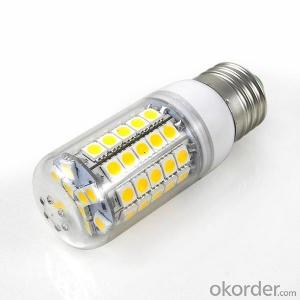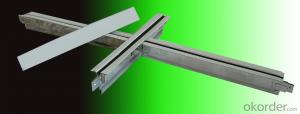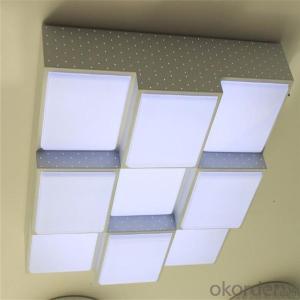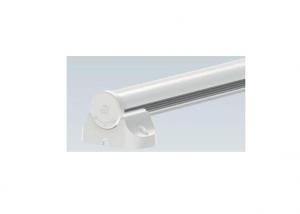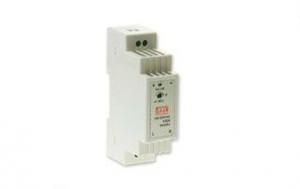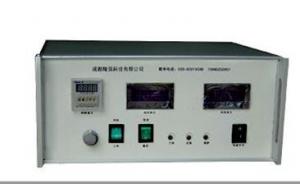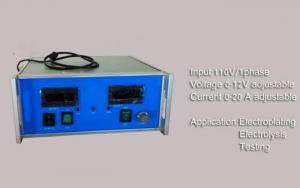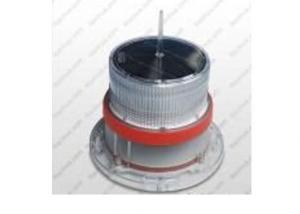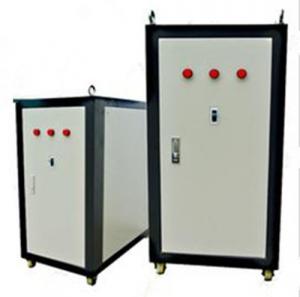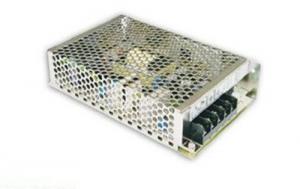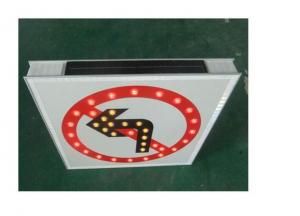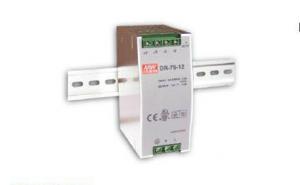Ceiling Mounted Emergency Lights
Ceiling Mounted Emergency Lights Related Searches
Ceiling Mounted Led Light Fixtures Ceiling Light Mounting Hardware Emergency Rechargeable Lights Concealed Led Ceiling Lights Suspended Led Ceiling Lights Led Suspended Ceiling Lights Ceiling Mount Light Fixture Parts Ceiling Light Mounting Plate Led Dimmable Ceiling Lights Dimmable Led Ceiling Lights Ceiling Panel Led Lights Led Lights In Ceiling Outdoor Pillar Mounted Lights Recessed Led Ceiling Lights Ceiling Light Fittings Modern Ceiling Lamps Ceiling Mount Flood Light Ceiling Light Mounting Bracket Rechargeable Emergency Light Recessed Emergency Light Sitting Room Ceiling Lights Ceiling With Led Lights Outdoor Ceiling Light Fixtures Contemporary Led Ceiling Lights Channel Emergency Lighting Bar Ceiling Lights Emergency Rechargeable Light Pole Mounted Lights Outdoor Spot Ceiling Lights Led Commercial Ceiling LightsCeiling Mounted Emergency Lights Supplier & Manufacturer from China
Ceiling Mounted Emergency Lights are essential safety devices that provide illumination during power outages or emergencies. These lights are designed to automatically turn on when the primary power source fails, ensuring that people can safely navigate and evacuate in low-light conditions. They are typically equipped with battery backup systems and are built to withstand various environmental conditions, making them ideal for use in commercial buildings, schools, hospitals, and other public spaces.Ceiling Mounted Emergency Lights are widely used in various scenarios where uninterrupted lighting is crucial for safety. They are commonly installed in hallways, stairwells, and exit routes to guide people during emergencies. These lights are also used in areas where power outages are frequent or where there is a high risk of fire or other disasters. By providing a reliable source of light, Ceiling Mounted Emergency Lights help to prevent accidents and ensure the safety of occupants in the event of an emergency.
Okorder.com is a leading wholesale supplier of Ceiling Mounted Emergency Lights, offering a vast inventory of high-quality products at competitive prices. With a commitment to customer satisfaction, Okorder.com ensures that their Ceiling Mounted Emergency Lights meet the highest industry standards and are available for quick shipping to customers worldwide.
Hot Products
